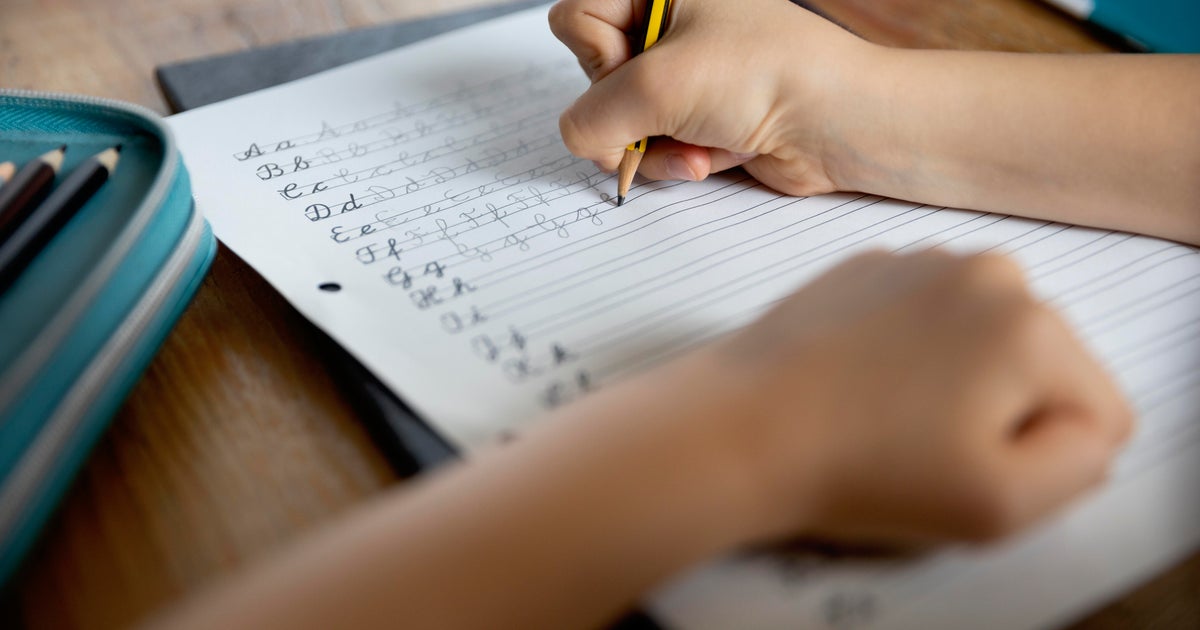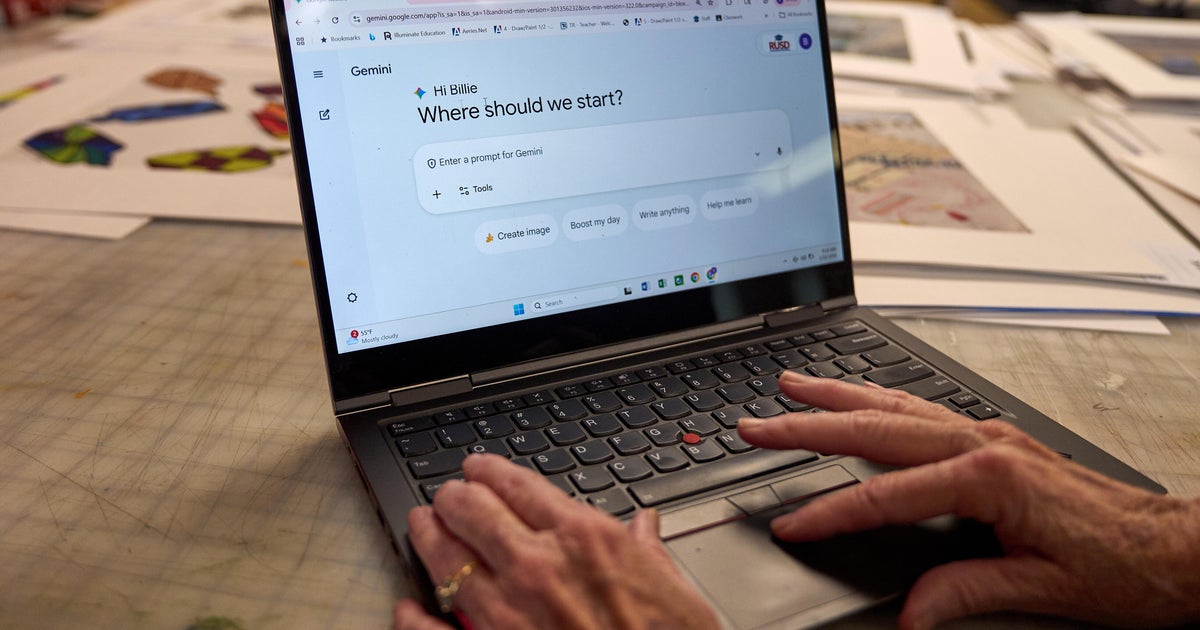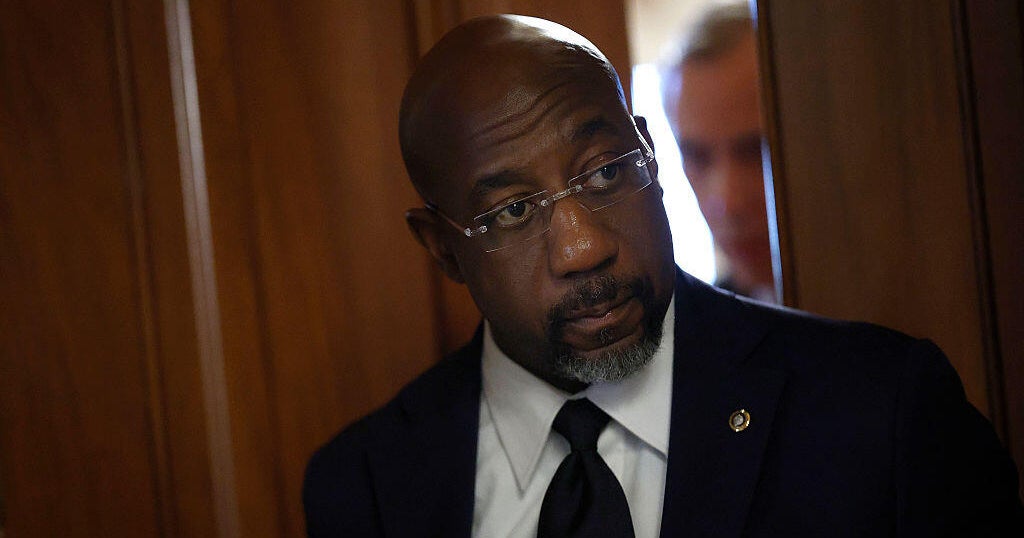The Importance Of Speech And Language
(Zibby Andrews) Speech and language skills are at the root of your child's cognitive and social-emotional development. Each conversation you have, each opportunity to add new words to your child's word bank or use words in different ways, is critical, not only for school adjustment and performance, but also for parent-child relationships and relationships with peers, friends, relations, teachers, and even the dog! Research overwhelmingly supports the connection of speech and language to reading and math success and it also shows that social and emotional skills can be traced directly to language skills. Children need words to develop appropriate strategies for conflict resolution and to read the social cues of others. Their emotional strength and resilience develop from the success they have understanding others and communicating their own needs. So whet your whistle. Support, encouragement, example, and modeling in this area need your attention.
From 12 to 24 months the eruption of new vocabulary is an exciting daily occurrence. Typically, by two, children have 200 words. Those 200 words then explode in a typical three year old to an understanding of 2-3,000 words and the ability to use 1,000 words. It's an incredible accomplishment! (And just a start on the more than 80,000 words needed to be college-ready.) Parents can individually "scaffold" the acquisition of new words with affectionate, one-on-one attention to what the child knows and what he or she could acquire next. They can be there to track and nurture new words and new sentence structures as they emerge and to consciously enrich a child's developing skills in a multitude of contexts. There are typical milestones and "red flags" for each area of speech and language development and generally accepted parameters help us assess the need for additional support. Because a child's speech and language skills are so critical to success in so many different areas, and because good results correlate so strongly with early intervention, we work closely with licensed Speech and Language Pathologists (SLPs) to ensure that our students are being supported and served in the best ways possible.
Assessing speech and language development is multi-faceted. Teachers and SLPs look at three different components of speech and three different components of language. Speech is articulation (how sounds are pronounced), voice (how vocal cords are used) and fluency. Language is expressive (what a child says), receptive (what is understood) and pragmatic (social communication). If there is any question about a child's development in any of these areas of speech or language, the first step is a screening by a SLP. If indicated by the screening, a more comprehensive evaluation will determine if therapy is warranted and the areas of concentration. If you have questions about your child's development in any of the six areas, speak to your child's teacher about the Hearing and Speech Agency (HASA) screening that will take place at school on September 24. If your teacher has a question, she will speak to you about recommending a screening. By working together, we can give our children the best chance of reaching their full language potential.
In the meantime, all children benefit from parental attention to speech and language. Your day-to-day interactions with your child should include a conscious focus on providing opportunities to enhance communication skills through normal conversation. When children are speaking, eliminate your own distractions and listen carefully. Get down to their eye level, ask clarifying questions, don't interrupt, and repeat back. There's a big difference between "hearing" and listening actively enough to extend meaning. Simple as it may be, attending to conversations can help develop numerous skills that will make a significant difference in your child's school success and success in life. If you keep speech and language in the forefront of your parenting, everyone will reap the benefits.
Elizabeth "Zibby" Andrews is Head of the Preschool at Garrison Forest School.
In her role, she oversees the programs of the youngest children at Garrison Forest (Twos through Pre-Kindergarten, coed). From Kindergarten through 12th Grade, GFS is all girls. In addition, Zibby is responsible for the school's on-campus Faculty Daycare. She received her Master's degrees in Reading and in Counseling from the Johns Hopkins University
Above Content Provided By Garrison Forest School







